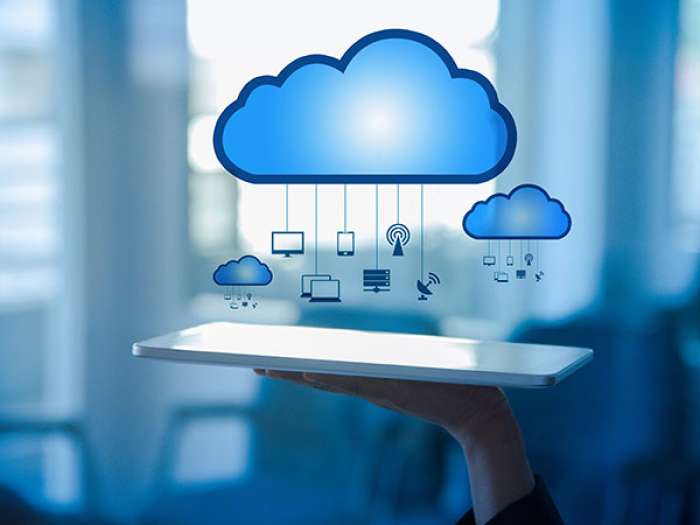It’s hard to deny that we’re living in the age of the cloud. It seems like everything these days is moving to a cloud-based system, and for good reason. Cloud computing provides a number of advantages over traditional methods, including increased flexibility, scalability, and cost-effectiveness. In this blog post, we will explore the basics of cloud computing and how it can benefit your business. We will also touch on some of the challenges you may face when making the transition to the cloud.
What is Cloud Computing?
Cloud computing is the delivery of computing services—including servers, storage, databases, networking, software, analytics, and intelligence—over the Internet (“the cloud”) to offer faster innovation, flexible resources, and economies of scale. Organizations that use cloud computing can get their applications up and running quickly without making large upfront investments in hardware and software. In addition, they can benefit from increased efficiency and lower operational costs because cloud providers manage the infrastructure for them. Cloud computing also enables organizations to be more agile and respond quickly to changes in business demands. For example, a retailer can easily add or remove capacity during the holiday season to meet changing demands.
The National Institute of Standards and Technology (NIST) defines cloud computing as: “Cloud computing is a model for enabling ubiquitous, convenient, on-demand network access to a shared pool of configurable computing resources (e.g., networks, servers, storage, applications, and services) that can be rapidly provisioned and released with minimal management effort or service provider interaction.”
Types of Cloud Computing?

Cloud computing can be classified into three types: Infrastructure as a Service (IaaS), Platform as a Service (PaaS), and Software as a Service (SaaS).
Infrastructure as a Service (IaaS): IaaS is a cloud computing model in which the user is able to access and use remote data center resources, such as storage, servers, networking, and software. The user pays for these resources on a pay-as-you-go basis.
Platform as a Service (PaaS): PaaS is a cloud computing model in which the user has access to a platform that allows them to develop, test, and deploy applications. The user pays for this platform on a pay-as-you-go basis.
Software as a Service (SaaS): SaaS is a cloud computing model in which the user has access to software that they can use over the internet. The user pays for this software on a pay-as-you-go basis.
Advantages of Cloud Computing
1. Cost-effectiveness: Cloud computing is a cost-effective way to store, manage, and process data. It eliminates the need for costly infrastructure and allows businesses to pay only for the resources they use.
2. Scalability: Cloud computing is highly scalable, meaning that businesses can easily add or remove resources as their needs change. This makes it an ideal solution for companies that experience fluctuating demand.
3. Flexibility: Cloud computing is a flexible solution that can be tailored to meet the specific needs of a business. This flexibility makes it possible for businesses to use only the resources they need when they need them.
4. Reliability: Cloud computing is a reliable way to store and access data. It offers high availability and disaster recovery capabilities, ensuring that businesses can always access their critical data.
5. Security: Cloud computing is a secure way to store and access data. It offers robust security features, including encryption and access control, to protect businesses' data from unauthorized access and theft.
Who Uses Cloud Computing?
The cloud is used by a variety of people for a number of different reasons. Some use it strictly for storage, while others use it for its computing power. The most common users of cloud computing are businesses and individual consumers.
Businesses often use cloud computing to store data and files, as well as to run applications and backup systems. It can be a cost-effective way for businesses to outsource their IT needs. Individual consumers also use cloud services for storage and backup, as well as to access files and applications from any internet-connected device.
Post Comment
Be the first to post comment!










